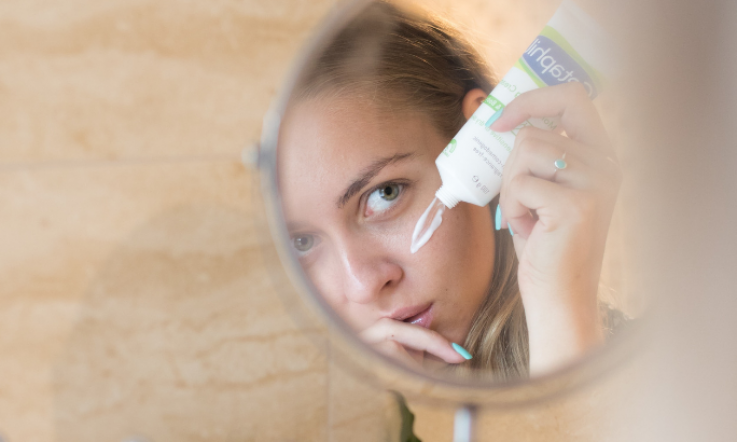The places you should be applying SPF every single day

We all know the importance of sunscreen during the summer months or while we are on holidays. But we often forget we should actually be wearing SPF every single day!
Sunscreen works immediately upon application, and continues to keep your face looking healthy, wrinkle-free, and youthful for years to come. But for most we just don’t even think of it!
Did you know you really should wear sunscreen every day of the year, come rain or shine. Ultraviolet rays that are the cause of sun damage and skin cancer are always present. They are there in cold or hot weather, and are not blocked by clouds. On overcast days, only visible rays (but not UVB rays) from the sun are blocked. The best way to protect the skin is with SPF.
If another reason sunscreen isn’t a part of your everyday beauty routine is because it may feel sticky or leave a white cast on your skin, don’t worry, there are a wide array of sunscreens to choose from all with different aspects to them. They can range from being light in consistency to more moisturizing, depending on your needs.
Brand, type or strength really doesn’t matter too much. The main thing is that you are wearing it! On your face, hands and décolletage. All places susceptible to sun damage on a daily basis.
Here are some more reasons why
SPF protects all skin types
Advertisement
If you have a darker complexion, the melanin in your skin does offer some natural protection from sunburn, but you still need protection from harmful UV rays. While people with fair skin are more likely to develop skin cancer due to sun exposure, people with dark skin tones are at risk of more serious kinds of cancer when they get it.
Most visible "ageing" is in fact sun damage
Research shows that a huge 90 percent of visible ageing comes not from how old you are but the hours you've spent in the sun. Wearing SPF daily saves your skin from years of visible damage later.
The sun is strong even when its cloudy
Many people think they don't need sunscreen on overcast days or for going out briefly in the sun, but for the ultraviolet rays that damage your skin, a little cloud cover means nothing. UV light penetrates clouds with ease, so you still need protection even on cloudy days.